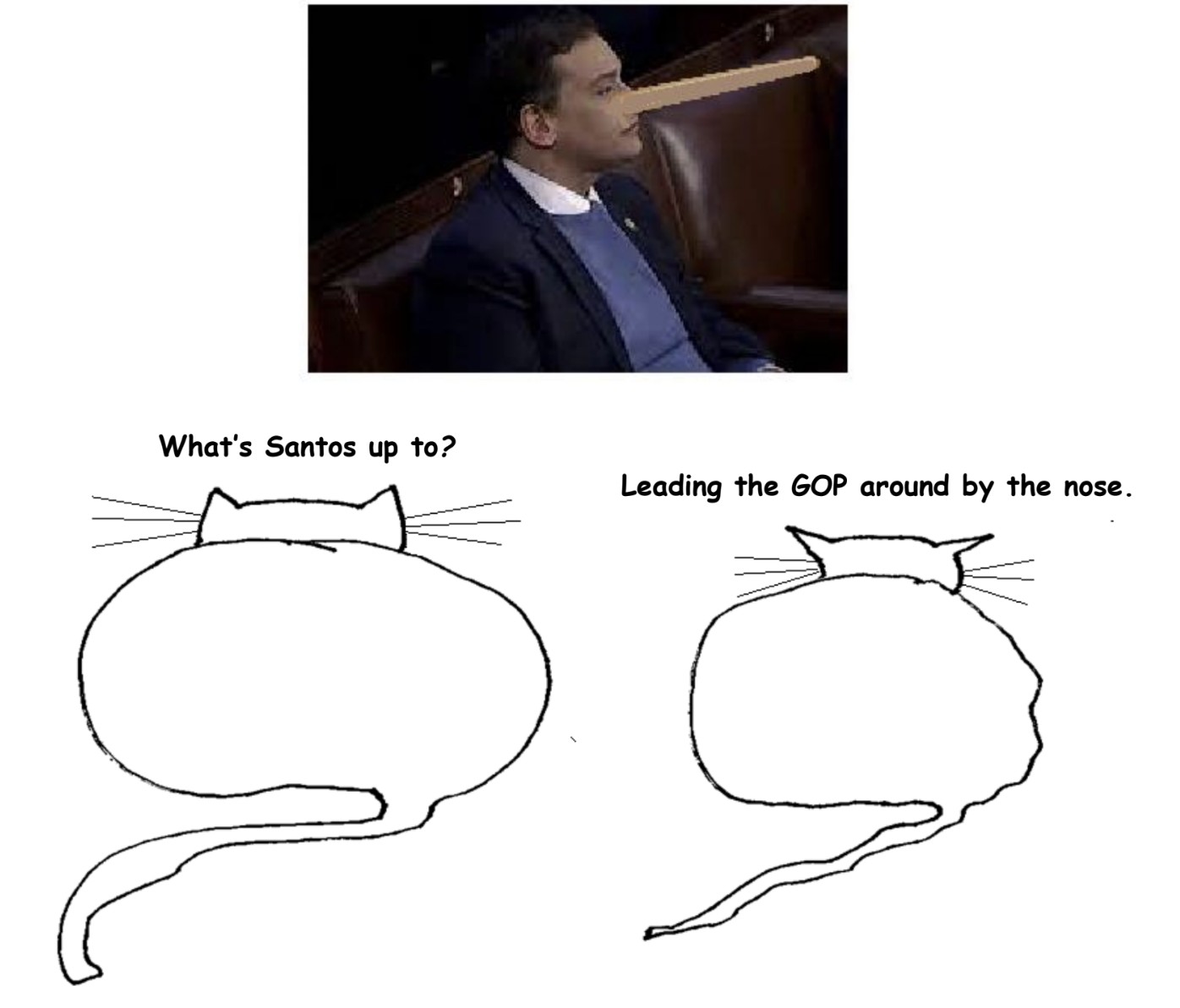by Ethan Seavey

“Sometimes, before I take a piss, I spit into the toilet as a sacrifice to a false idol.”
The priest nods. He’s heard this one before. He was somewhere else before. Now he’s a resident of the confessional inside the attic of the home inside my head.
“I’m gravely concerned about coyotes, how easily they’re conquering the foxes, and the wolves, and how they’ll soon fill every niche humans have left in their wake. But I do nothing about it.”
He pulls his face closer to the wood surrounding the meshy grate, and inhales. The confessional’s distinct smell, that of a cedar box baking in the moist heat of an Illinois summer, hangs in the air, as thick as the tension between listener and listened to.
“Once, I had this dream—I was driving a car down the road, and then I just opened the door and stepped outside, leaving the car running, in drive. I watched it run 15 feet forward, running head-on into another car.”
Dreams are not sins.
“But I remember feeling no remorse.”
Before my family home was our home, it was a convent, and before that, it was a farmhouse. It hasn’t seen many renovations. I’ve spent years learning which of the aged floorboards creak, which doors squeak, and which of the fireplaces actually provide heat. My father tells guests that the original electric fireplace used to be a symbol of wealth. (A technological marvel! Who wants to sit around the standstill flames of the retro-future?)
Now they’re just tacky. Read more »


 In
In  For the last several years, elected Republicans, full of anti-trans zeal, have challenged their opponents to define the word “woman.” They aren’t really curious. They’re setting a rhetorical trap. They’re taking a word that seems to have a simple meaning, because the majority of people who identify as women resemble each other in some ways, then refusing to consider any of the people who don’t.
For the last several years, elected Republicans, full of anti-trans zeal, have challenged their opponents to define the word “woman.” They aren’t really curious. They’re setting a rhetorical trap. They’re taking a word that seems to have a simple meaning, because the majority of people who identify as women resemble each other in some ways, then refusing to consider any of the people who don’t.
 Let’s get the humble-bragging out of the way first: I’ve always had a remarkable memory.
Let’s get the humble-bragging out of the way first: I’ve always had a remarkable memory. 









